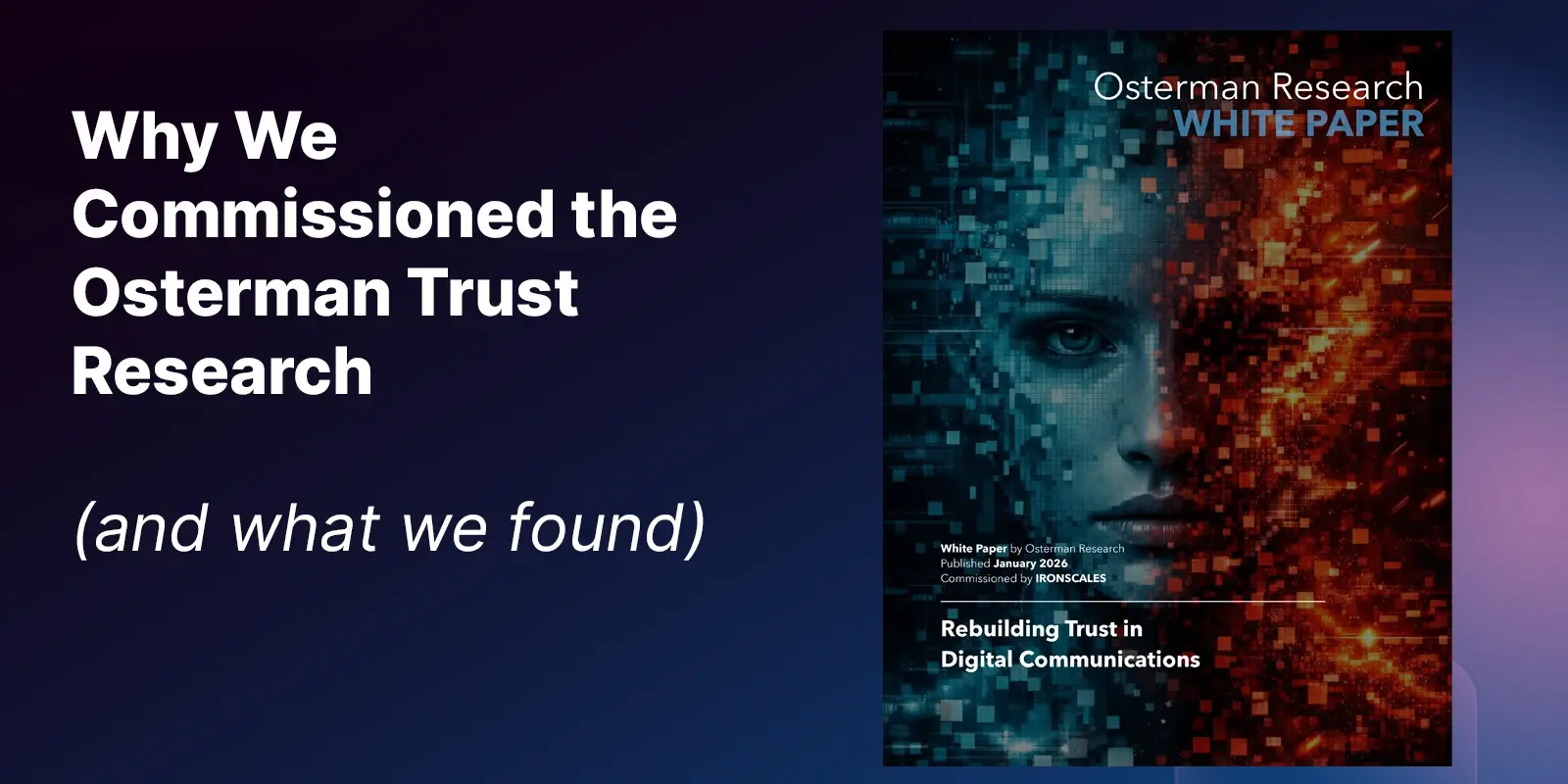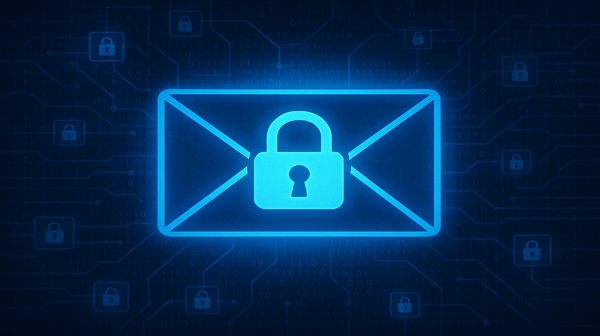Table of Contents
I'm sure you are asking, what does Agentic AI have to do with a dog wearing an umpire’s mask? Nothing. But it got your attention, right?
Now that you’re here, let’s talk about something that actually does involve calling balls and strikes, SOC automation and why it needs more nuance. AI-powered security can’t just operate on black-and-white rules (and algorithms). Attackers exploit the gray areas, and traditional automation isn’t built for that. That’s why we need agentic AI.
AI in SOC Automation. It helps, sometimes.
AI is making SOC automation better. Sometimes. But let’s be real for a minute, most AI used in cybersecurity today is just assisting, not actually driving decision-making. SOC teams are still drowning in alerts, dealing with false positives, and spending way too much time manually reviewing threats.
And cybersecurity isn’t just about calling balls and strikes. Some threats are obvious. Others? Not so much. Attackers know how to exploit uncertainty and create ambiguity using social engineering, AI-generated phishing emails; tactics designed to trick both humans and machines.
A traditional AI model might flag the easy stuff, but what about a highly crafted and targeted CEO impersonation email? What about a never-seen-before attack that doesn’t fit into some weighted scoring model?
That’s where agentic AI changes everything. Instead of treating security as black and white, it brings nuance to decision-making. It assesses, prioritizes, and takes action without waiting for human intervention. And when confidence is lower? It can escalate to a human (hooman to dogs), learn from their response, and refines its approach.
Agentic AI isn’t just about moving faster. It’s about making smarter, more context-aware decisions, just like a security analyst would. That’s what makes it different from traditional automation.
What is Agentic AI? And Why Does It Matter?
Traditional AI-powered automation follows preset rules and static models. That’s fine for simple tasks, but security is anything but simple. Agentic AI is different. It brings:
- Autonomy, the ability to assess, prioritize, and take action without waiting for human input.
- Adaptability, systems learn from real-time data and feedback, adjusting strategies dynamically.
- Decision-Making, AI that doesn’t just surface alerts, it analyzes and remediates threats, keeping humans in the loop where it matters.
For SOC teams, that means faster response times (no more waiting for manual reviews/approvals), less analyst burnout (AI handles the repetitive triage work), and improved outcomes (fewer false positives clogging up investigations).
This is what SOC automation should look like, not just surfacing alerts…but actually handling them intelligently.
How Themis Uses Agentic AI to Redefine SOC Automation
For years here at IRONSCALES, Themis has been more than just an AI tool. She’s a virtual security analyst, built to make smart decisions. We named her after the Greek goddess of good counsel and justice, and that’s exactly what she’s done from day-1, analyzing, guiding, and helping security teams navigate complex threats.
But now, she’s evolving.
With agentic AI, Themis isn’t just assisting anymore, she’s acting (no, not performative, but like...taking action).
Instead of just surfacing alerts and leaving decisions to security teams, Themis is taking action where it makes sense. That means:
- Human-in-the-loop (HITL) feedback – Employees and IT admins provide real-time validation, refining AI decisions over time.
- Bounded autonomy – Themis operates within security-defined guardrails, ensuring AI-driven decisions remain trusted and controlled.
- Adaptive remediation – Instead of following rigid rules, Themis adjusts responses based on evolving attack patterns.
Let’s say a phishing attack is targeting multiple employees. With traditional AI-assisted SOC automation, those emails are flagged or escalated, but they often require manual review and approval to act. With Themis, she analyzes, confirms, and remediates the email, as well as any similar versions she can find across the entire environment. Automatically. No human intervention required.
This is agentic AI in action, handling triage, prioritization, and response autonomously, with built-in safety measures for oversight by security teams.
At IRONSCALES, we’ve been thinking deeply about what true AI-driven security looks like. That’s why we’re embracing agentic AI, not just as a concept, but as the next evolution in SOC automation.
AI-Assisted is not the same as AI-Driven
Most SOC tools claim to use AI. But not really.
Most systems still work like this:
Step 1: Flag a potential threat.
Step 2: Wait for a human to validate it.
Step 3: Trigger a response manually or through predefined automation
That’s fine (I guess) for predictable attacks. But the bad guys aren’t following your playbook. They have GenAI to help them create emails that look super legitimate to manipulate and bypass traditional defenses. And every second an attack sits in an inbox is another chance for an employee to click.
With agentic AI, Themis doesn’t just assist analysts, it makes things happen.
Known threats? Handled. She doesn’t wait for a SOC analyst to confirm what’s already obvious.
Ambiguous email incidents (they’re out there), she escalates, but with nuance. If there’s uncertainty, she weighs confidence levels and acts accordingly.
Evolving threats? Themis learns. She constantly refines her decision-making based on real-time insights (she has an enormous line-of-sight).
This isn’t just about speed. It’s about security. It’s about eliminating security team burnout. It’s about continuously improving accuracy and stopping email threats before they become email incidents.
Agentic AI isn’t just a trend, it’s where SOC automation is headed. Themis is already leading the way.
But don’t just take my word for it. Check it out for yourself with an evaluation that literally takes less than 5-minutes to start working. Interested? Let's talk!
Explore More Articles
Say goodbye to Phishing, BEC, and QR code attacks. Our Adaptive AI automatically learns and evolves to keep your employees safe from email attacks.

/Concentrix%20Case%20Study.webp?width=568&height=326&name=Concentrix%20Case%20Study.webp)







.webp?width=100&height=100&name=PXL_20220517_081122781%20(1).webp)






